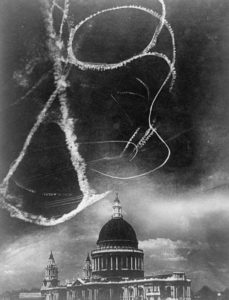 “In the dark times
“In the dark times
Will there also be singing?
Yes, there will also be singing.
About the dark times.”
Bertolt Brecht, motto to Svendborg Poems, 1939
This poignant motto appears at the head of the last collection of poems published by Bertolt Brecht during his lifetime. He was by then living in exile from Nazi Germany in the town of Svendborg on the Danish island of Funen.
The ‘dark times’ to which he refers are, of course, considerably darker even than those which afflict us now, but a search on the InterWebNet for uses to which this brief motto has been put reveals a plethora of such instances in recent times – starting with the invasion of Iraq in 2003 and gathering pace since 2016. The latest of which I am aware was by Chris Riddell for his cartoon on the Corona virus lock-down in the UK for last Sunday’s Observer newspaper.
When I first became aware of Normal Lewis’ wartime memoir – through Francesco Patierno’s film, shown on the BBC toward the end of last year – the current COVID-19 crisis did not even feature on the roadmap of impending concerns. Now, of course, contemplation of conflicts still sharp in the living memory has become something of a pastime – or more accurately a ‘pass-time’, since many of us are unable to follow our preferred pursuits and must needs instead find alternative ways to occupy the time that hangs heavy on our hands. It has become quite the thing to compare our current trials and tribulations with those of the generation that lived through the last world war.
There are good reasons for so doing – though even better ones for exercising finer judgement. We do indeed live in unprecedented times. As things stand we have no idea how this is all going to pan out, or into what reality we might emerge on the other side. When we look back we can discern no other period since the last war in which so many people’s lives were simultaneously thrown into chaos by such a crisis – be that through the direct touch of the pandemic itself, or through loss of employment, income or – even worse – of friends and loved-ones.
Writing about my father’s war-time experience in Italy – contemporaneous with that of Norman Lewis – I suggested that he had subsequently spoken very little about his experiences there. My mother would describe how she went outside to watch the vapour trails over south London during the Battle of Britain, but otherwise she likewise gave little away about how the war had affected her and those close to her.
We know – we think we know – from our readings of history, from novels and poetry and from the many film and TV productions concerning the war and its aftermath – just how broken and fragmented was the world in the latter half of the 1940s. Populations had been destroyed or displaced, the greater part of a generation had lost their lives, families and societies had been torn asunder, economies wrecked and great expanses of the old world reduced to piles of rubble. How could the world – the lives – ever be rebuilt?
Yet many of those who lived through that period chose not to – or simply could not – speak thereof… and the world – as it does – moved on.
In this age of instant and incessant ‘communication’ there is perhaps a case for saying rather less and listening – and thinking – rather more…
…and – yes! – I am aware of the contradiction in so writing.
 I thought it only fair that I should add quick addendum to my previous missive on the difficulties of turning out blog content using WordPress 5.5 (the latest update at the time of writing) – should one be wedded (as am I) to the ‘Classic’ editor rather than whatever it is that WordPress want us to adopt now.
I thought it only fair that I should add quick addendum to my previous missive on the difficulties of turning out blog content using WordPress 5.5 (the latest update at the time of writing) – should one be wedded (as am I) to the ‘Classic’ editor rather than whatever it is that WordPress want us to adopt now.

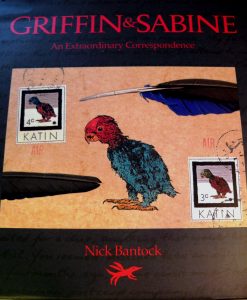
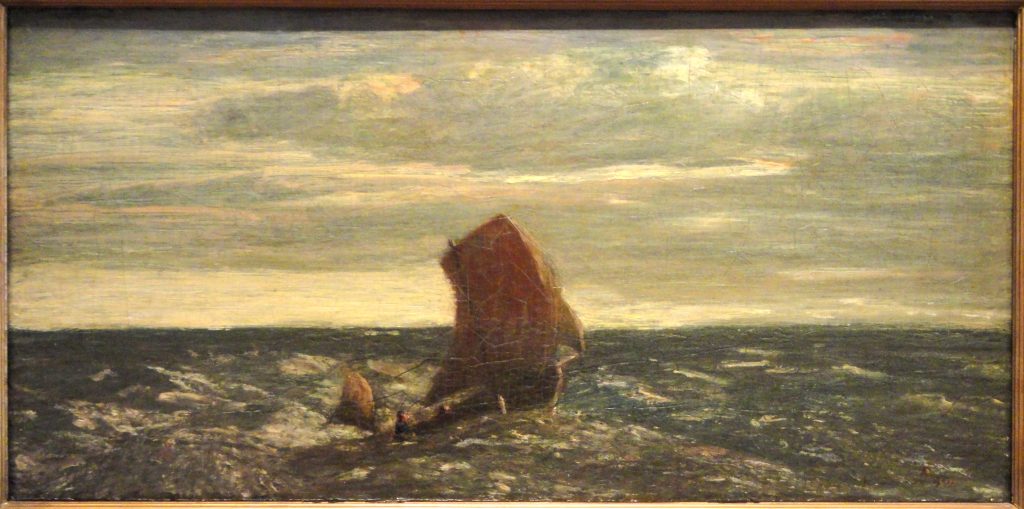




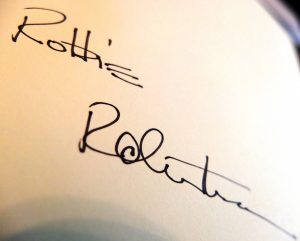
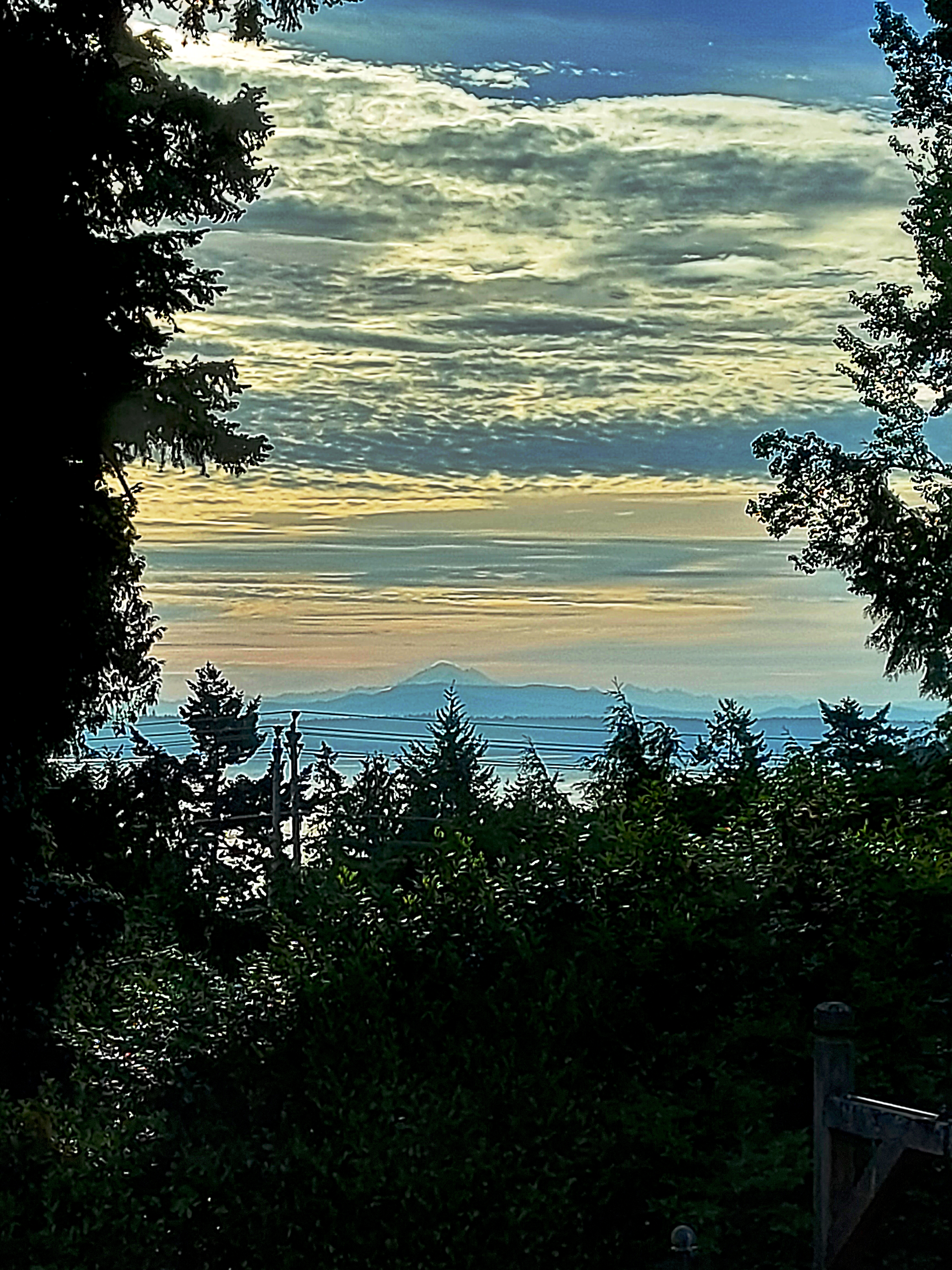


Recent Comments